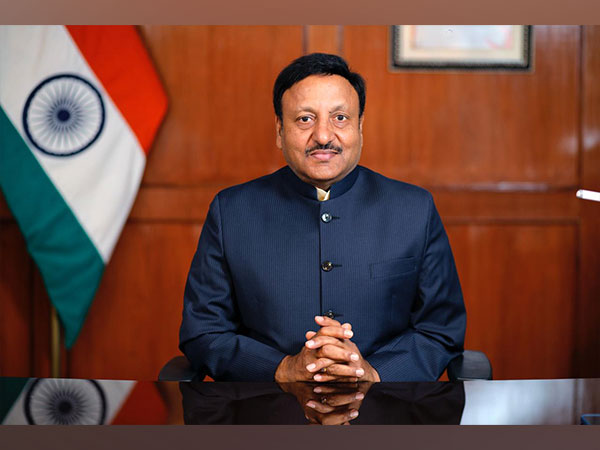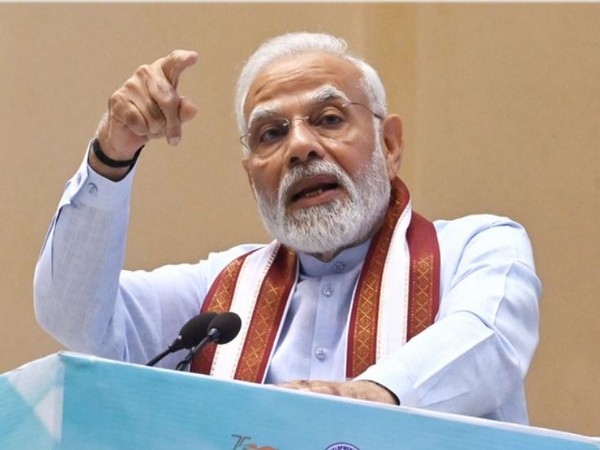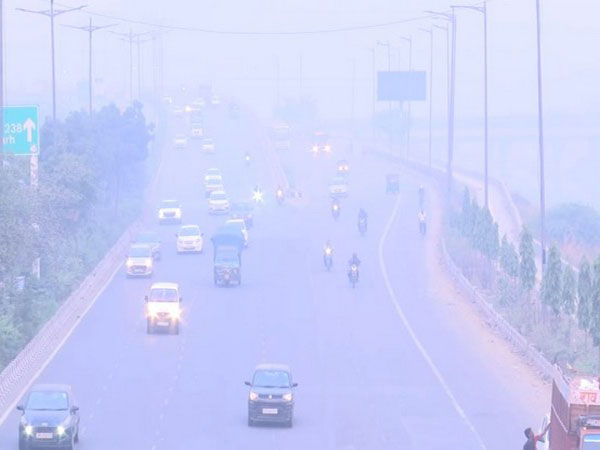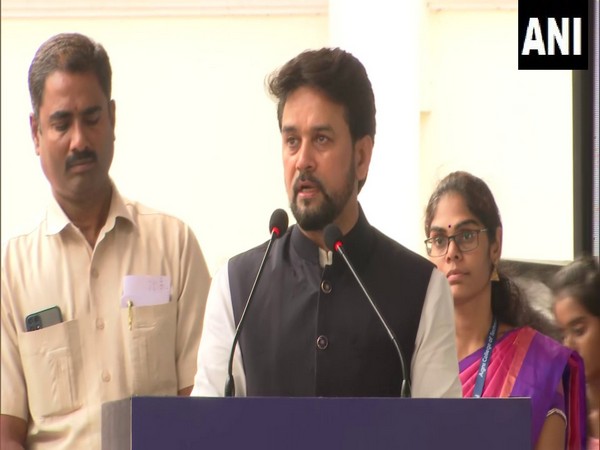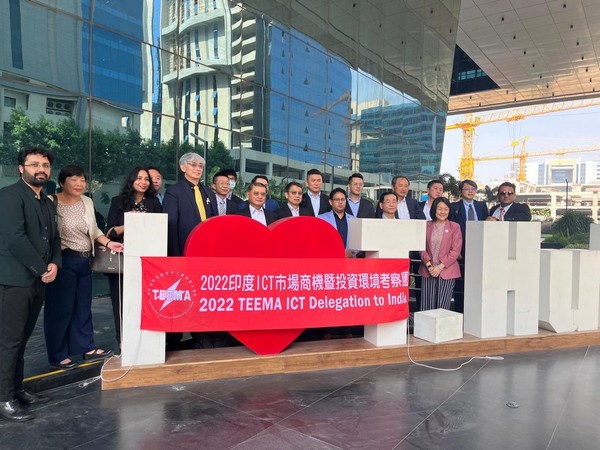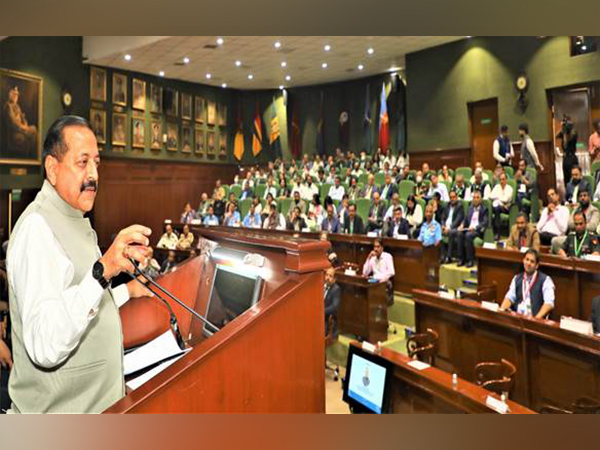New Delhi [India], January 24 (ANI): Emphasizing that technology has been leveraged to bring in transparency and efficiency in all aspects of elections, Chief Election Commissioner of India Rajiv Kumar on the occasion of the 14th National Voters Day, said that misinformation, deep fakes and the use of Artificial Intelligence are being used increasingly to undercut the “faith and trust” of the people in the electoral process.
He further said that any attempts to compromise this fundamental tenet through false narratives will be met with swift and robust measures to uphold the integrity of our elections.
The Chief Election Commissioner extended warm greetings to all voters on the momentous occasion of the 14th National Voters’ Day and said that any attempts to compromise this fundamental tenet through false narratives will be met with swift and robust measures to uphold the integrity of our elections
“While technology has made possible many enabling features to enrich the electoral process, it has also posed various challenges to the democratic exercise. We, however, stand firm in our resolve to maintain a level playing field and foster an informed electorate. Any attempts to compromise this fundamental tenet through false narratives will be met with swift and robust measures to uphold the integrity of our elections,” he said.
He further urged first-time voters to exercise their franchise with full enthusiasm adding that the youth will make a resounding and emphatic statement by voting and motivating their peers to do the same.
“Over 60 democratic countries will have elections this year to elect their respective governments. India shall be the focus of all, as the world’s largest and most vibrant democracy conducts 18th Lok Sabha elections and elections to around eight state legislative assemblies during 2024. This day is an occasion to celebrate voters, youngsters in particular, as central to this great democracy of ours,” Rajiv Kumar said on Wednesday.
Kumar said that India will be having the World’s largest peacetime logistical exercise of movement of man and materials, to enable over 96 crore voters to exercise their franchise over 12 lakh polling stations through our 1.5 crore plus election officials.
The Chief Election Commissioner thanked and appreciated their polling teams who traverse the harshest of terrains to deliver democracy to the last mile.
“Our focus has been to make the electoral experience pleasant, all-inclusive and inducement-free. Our electoral roll serves as a vibrant and diverse mosaic, reflecting the rich diversity of our democracy,” Rajiv Kumar said.
Recalling a few lines from Tiruvalluvar’s, Kural, “It is compassion, the most gracious of virtues, which moves the world”. Reflecting this sentiment, it is the Commission’s resolve to make our elections inclusive and accessible. We have over 81 lakh persons with disability voters, over 1.8 crore 80 plus voters, 2.5 lakh 100 plus voters and over 48,000 third-gender voters registered with us. Optional Home voting facility is also available for 80 plus and PwD voters to vote from the comfort of their homes, he added.
Rajiv Kumar further said that in 2023 the Commission has successfully conducted elections in 9 states, where more than 16 crore voters gave voice to their cherished democratic right and voted in an atmosphere of fairness, confidence and joy.
“Elections were held peacefully, with no major incidents of violence and near zero repolls. In 126 villages of Bastar, polling stations were set-up for the first time in independent India, where voters came to polling stations without any fear and anxiety. Women voters participated enthusiastically, even surpassing male voters in many constituencies across these 9 states. The Commission’s efforts have meant 100 per cent registration of Particularly Vulnerable Tribal Groups in the festival of democracy,” he added.
The Chief Election Commissioner further said that political parties are the pivot of our vibrant democracy and urged them for their continued support and assured them of our fullest cooperation.
“The Commission bases its engagement with political parties on three pillars – full disclosure, complete involvement and assured responsiveness. Going into General Elections 2024, we appeal to them for their continued support and assure them of our fullest cooperation. Fostering an ethical and respectful political discourse plays a critical role in shaping the democratic process and in influencing our young voters. It is imperative that political parties engage in discussions that inspire rather than divide, and promote ideas instead of personal attacks. Political Parties, our biggest stakeholders must become our best partners in ensuring an ethical journey,” he added.
Kumar further expressed confidence in giving India’s approximately 96 crore electors and all stakeholders the best possible electoral experience, truly befitting the largest democracy in the world.
Concluding his address he appealed to each and every one of you, to take part in the ensuing festival of democracy with full vigour and enthusiasm.
The Election Commission of India was established on January 25, 1950, a day before India became a Republic, and that is why we celebrate National Voters Day on January 25. (ANI)
For more details visit us: https://lokmarg.com/
